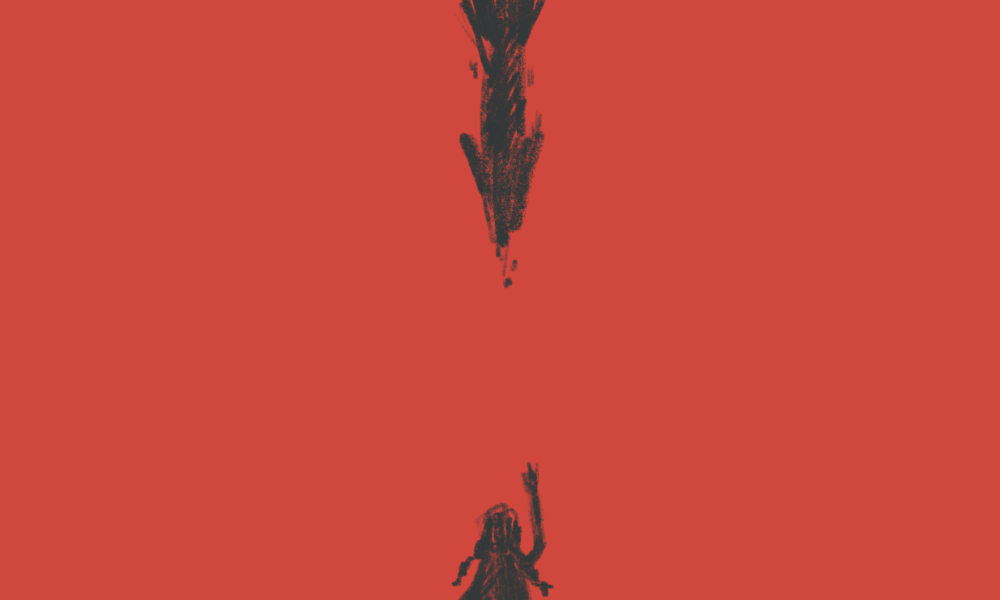This is going to be a poor book review. It is impossible to adequately editorialize upon Omar El Akkad’s One Day, Everyone Will Have Always Been Against This. Every line demands that its readers confront the Western liberal enterprise’s absolute apathy towards human suffering. If I had not expected to lend the book to everyone I know, my copy would be almost completely highlighted. Each of its incisive, revolutionary sentences speaks to our urgent obligation to walk away from systems of privilege that will always disregard humanity in favour of self-interest.
El Akkad began his career as a journalist for The Globe and Mail, which deeply informs both his acclaimed novels and One Day. Much of the latter is explicitly dedicated to condemning Western journalism’s repeated failures to indict neo-colonial and imperial perpetrators of violence until after they have already devastated entire populations. It is, moreover, a personal reckoning with authorial responsibility, as El Akkad grapples with how to balance the financial precariousness of a creative career with the core artistic need to fight injustice—even if its doers sponsor the awards and grants these artists earn, making them complicit.
One Day is also, as El Akkad posits in the book’s first chapter, “an account of an ending.” As an Egyptian and Qatari immigrant to Canada and now the United States, he describes the fable of the tolerant, the just West he was promised, and now sees for what it is: An empty shell. El Akkad argues that liberal politicians simply provide a less bad alternative for marginalized groups than the right, who are at least honest about their discriminatory natures. This dynamic exposes the deep hypocrisy at the heart of Western liberalism.
“The system […] was never intended to work for you, but as an act of magnanimity on our part, you may choose the degree to which it works against you,” El Akkad writes, describing the United States Democratic Party.
One Day’s argumentative power against Western liberalism’s performativity does not overshadow its literary elegance. Written as a series of vignettes, the work is overflowing with novelistic prowess. It is also bitingly funny: El Akkad recounts how, when living in Montreal, a university-aged peer informed him that Naked Lunch was “the finest novel ever written” (a very McGill-esque exchange). This familiarity enforces readers’ connections to the modes of action and resistance El Akkad argues we must assume to combat the malice of empire.
Moreover, El Akkad’s gorgeous prose deeply strengthens One Day’s calls for a journalistic reckoning. Rather than the “linguistic malpractice” Western legacy outlets engage in when they describe atrocities as happening without cause—in vague and lukewarm language that eschews blame—El Akkad’s prose asks us why we only feel “safe enough to venerate resistance in hindsight.” It reveals how the polite language Western society endlessly litigates is only possible when alienated from violence and suffering. While The New York Times avoids use of the words ‘Palestine’ and ‘genocide’ for fear of hurting those in a world “not reduced to rubble,” Israel wields literal weapons to destroy Palestinian lives.
Through its deeply personal, unflinching commitment to truth and compassion, One Day, Everyone Will Have Always Been Against This challenges tidy narratives about Palestine that make the dead “pay the moral debt born of their killing” to protect the Western world from the discomfort of acknowledging Palestinian humanity. El Akkad’s ultimate call is to walk away from a liberal system that cannot fathom the true love for the ‘Others’ he depicts—in the Palestinians who mourn their families while continuing to document atrocities, in the Jewish activists who condemn Israel, in the artists who reject clout to reject genocide—is an antidote to the insanity El Akkad, too, feels while watching genocide unfold in silence.
“You are being asked to kill off a part of you that would otherwise scream in opposition to injustice,” El Akkad writes. “[….] Forget pity, forget even the dead if you must, but at least fight against the theft of your soul.”









